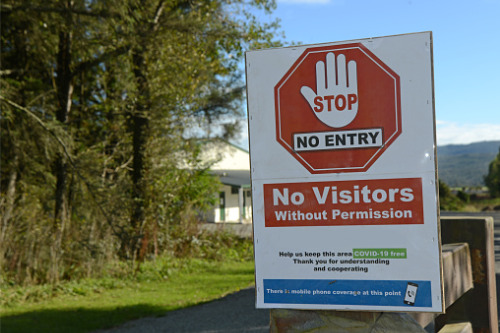

With Auckland back in lockdown and the rest of the country at Alert Level 2, many travellers have found their plans disrupted once again - but according to Cover More’s general manager - underwriting and product NZ Eftim Stojanov, the impact on insurers has been minimal.
Stojanov says that with two previous lockdowns under our belt, New Zealanders are now well practiced in dealing with change at short notice - albeit this time, that notice was shorter than usual.
“I think people have gotten used to the ‘on and off’ of the lockdowns, so the general public is aware that these situations are normally not covered by travel insurance,” Stojanov told Insurance Business.
“However, if future lockdowns mean that customers cannot travel, we will consider refunds on our policies.”
“I think it came as a bit of a shock to everyone as we were only given a few hours’ notice, so we’re watching this space and we’ve instructed our customer centre to be vigilant,” he explained.
“From what I can see, however, enquiries about travel claims just isn’t an issue at the moment. Travel providers themselves are also becoming a lot more flexible than they were before the beginning of the pandemic, so most customers now go directly to them.”
Stojanov says that given New Zealand’s vigilant ‘stamp it out’ approach to the virus, the travel and tourism sector can expect to be impacted for some time yet. However, he says that given length of this latest lockdown, and with a promising zero community cases announced over the past two days, this should hopefully “be more of a ‘blip’ than a major disruption.”
“New Zealand has adopted a zero-risk policy, which is good from a public health perspective,” Stojanov said.
“But rebounding in any way is still bad for the tourism industry, which means more confidence is lost. However domestic travel is still going strong, and the lockdown is just for three days at the moment, so I don’t think that’s going to be a major concern for now.”
“The one thing we’ve noticed is that people don’t book too far in advance anymore, and the timeframe between the date of booking and travel has shrunk,” he added.
“But aside from that, the impact on insurers is almost negligent.”
